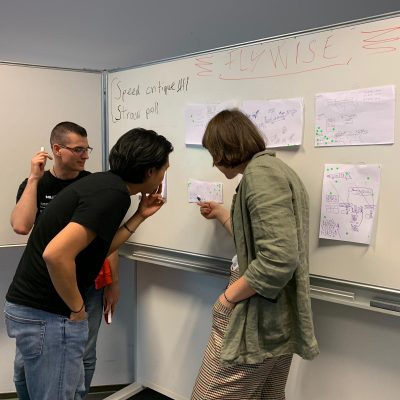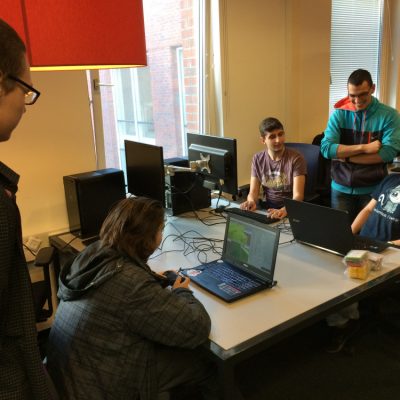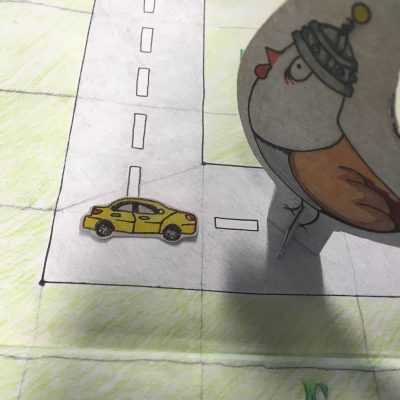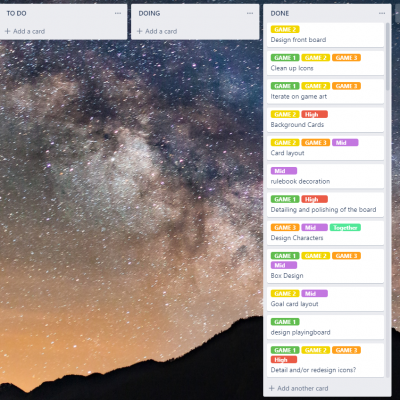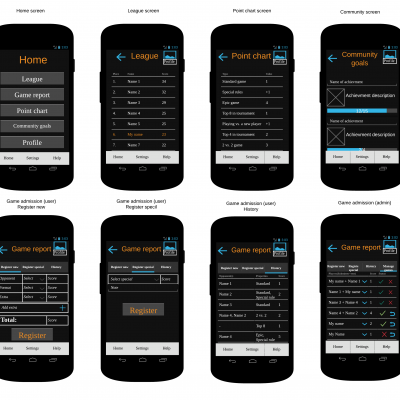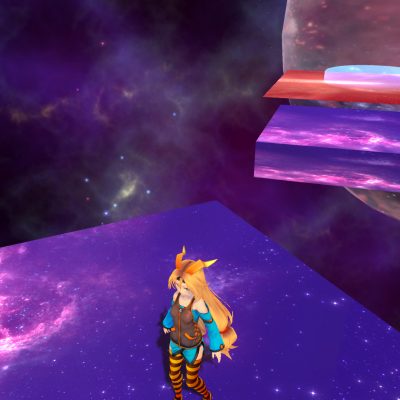DESIGN APPROACH
I am Gaspar, an enthusiast game designer and an avid gamer with a long-standing personal commitment to understanding why games work and how they create meaningful experiences and fun for players.
DESIGN PHILOSOPHY
I see game design as the art of shaping player behaviour through systems rather than instructions. A well-designed game does not tell players what to do, it gently guides them toward meaningful choices.
I am particularly interested in how players learn systems, how cooperation emerges naturally through mechanics, and how small design decisions can have long-term effects on engagement and balance.
While I enjoy creating new ideas, I find equal satisfaction in improving existing systems. Iteration, tuning and refinement are not compromises to me, they are the core of good design.
CORE DESIGN STRENGTHS
- Systems-focused design thinking
- Gameplay balancing and iteration
- Player-centric analysis
- End-to-end ownership of content
- Cross-disciplinary collaboration
DIVERSE ABILITY SET
With close to a decade of combined academic and professional experience, this skill set reflects work across different project types and team setups, with game design consistently as the focal point. What I enjoy most is the intersection of systems thinking and iteration: finding the small changes that make a system feel fair, clear and rewarding.
Creativity and innovation
- Generate and develop new concepts for original projects and improve existing designs through iteration
- Playtest with a focus on identifying design issues, edge cases and unintended interactions
- Propose clear, practical design solutions and iterate toward stronger system coherence
- Approach balancing with a holistic view of how mechanics interact within a larger system
Player engagement and user experience design
- Analyse player motivation and behaviour, focusing on how players learn and adapt to systems
- Anticipate friction points and likely exploits early and adjust design to reduce them
- Use player-level insight and design training to align systems with player expectations
Cooperation and communication
- Collaborate effectively across disciplines (design, art, audio, programming)
- Communicate design intent clearly and coordinate dependencies where needed
- Comfortable both contributing within a team and taking ownership of coordination tasks
Design experience
- Practical exposure to UI design, narrative/storytelling, level design and prototyping (physical and digital)
- Create and maintain design documentation to support clarity and iteration
- Use online planning tools to support coordination, communication and development flow
